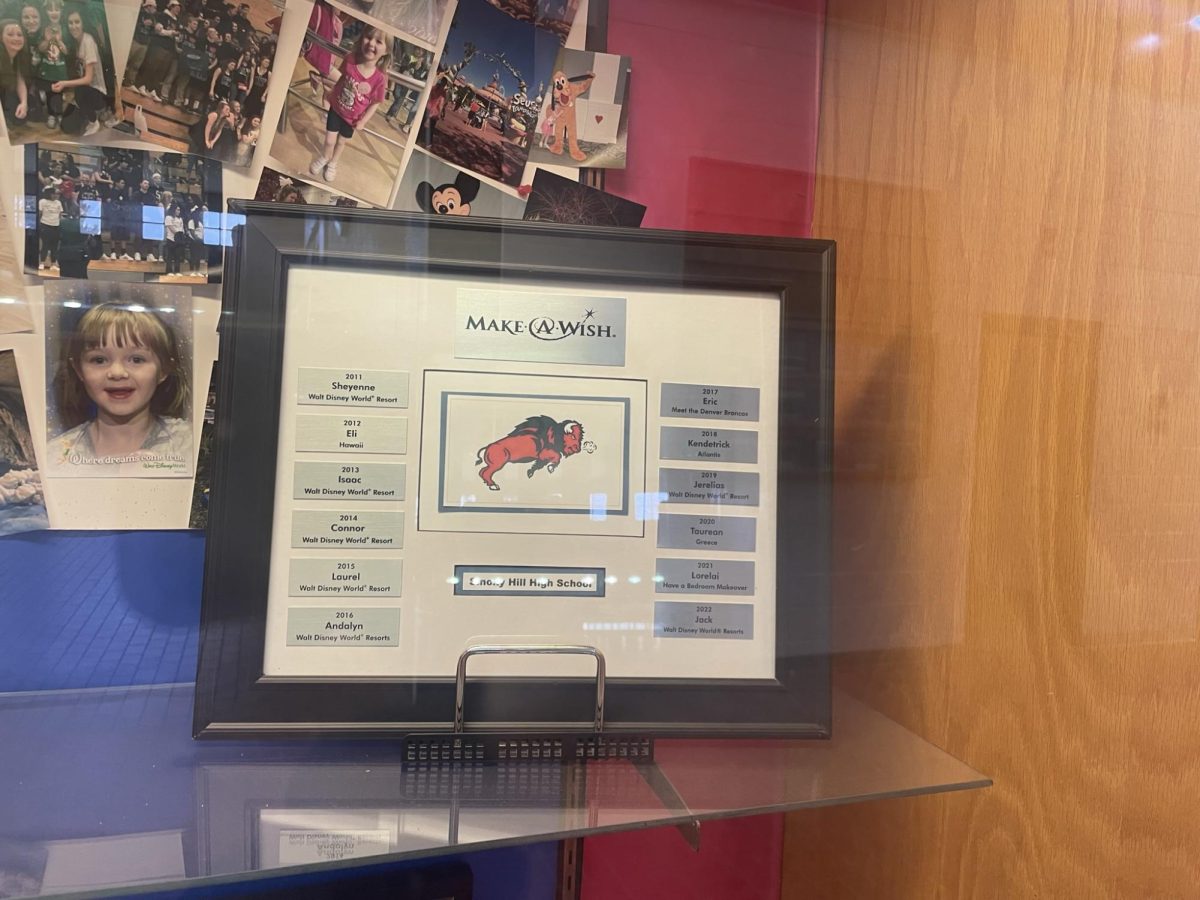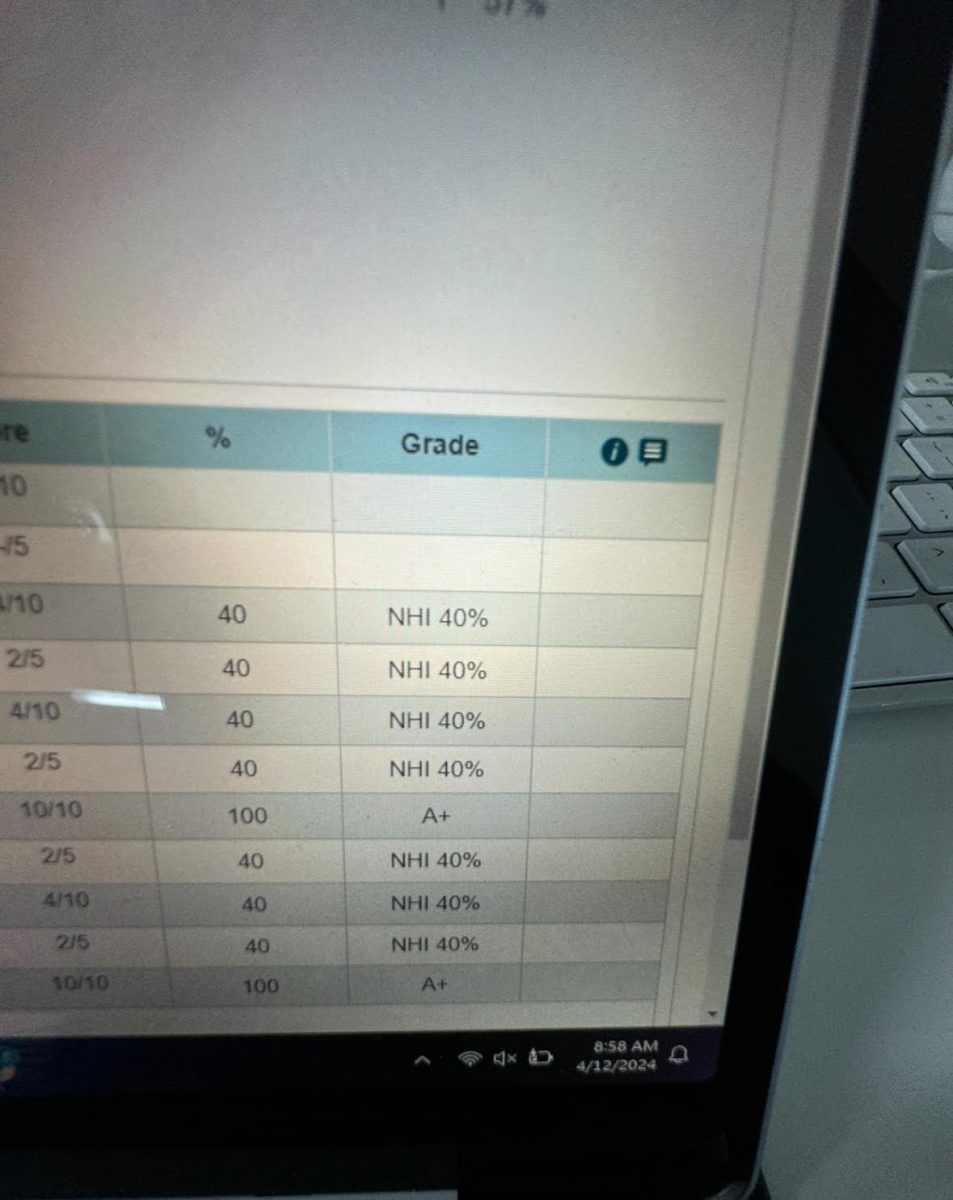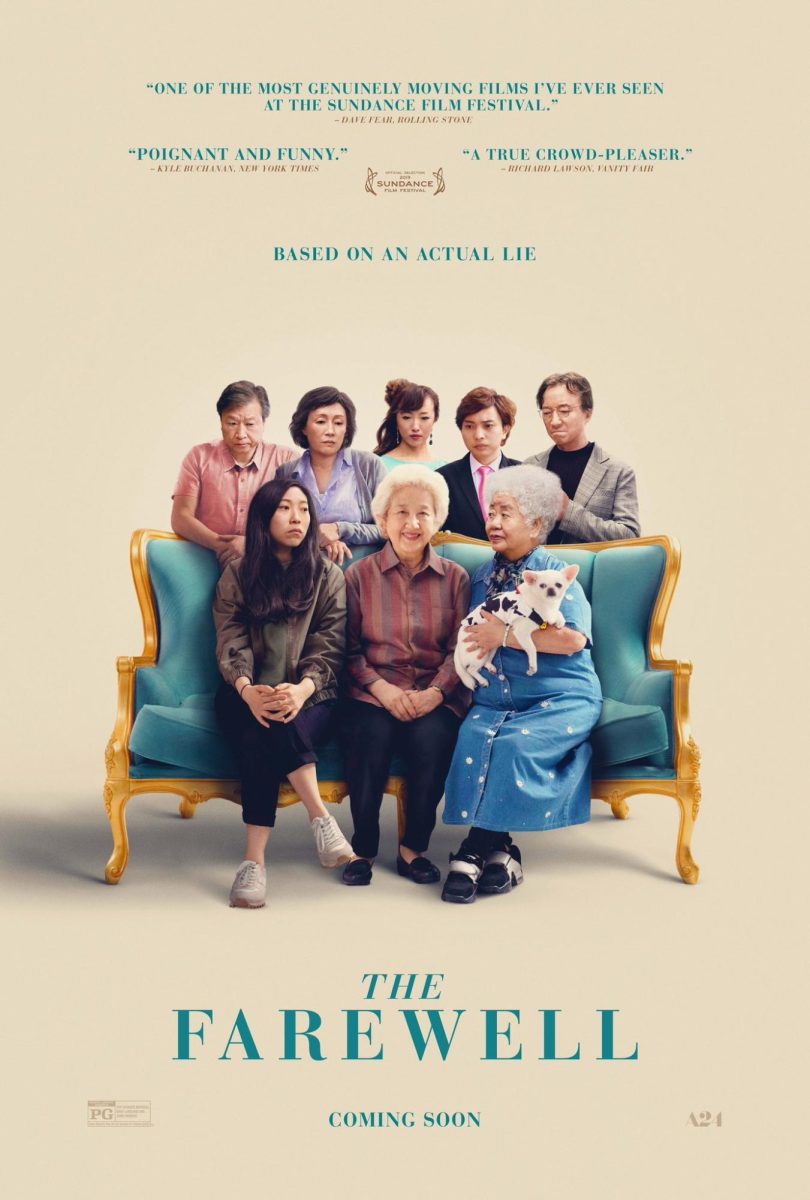In a film that shows the true meaning of family and connection, The Farewell, directed by Lulu Wang is the story of an Asian-American protagonist, Billi, played by Awkwafina who returns back to China when hearing the news her grandmother is diagnosed with cancer. When returning back to her homeland, Billi is instructed by her family to not inform the grandmother, Nai Nai, of the diagnosis that would give her three months left to live.
As the storyline follows Billi’s last moments with her beloved grandmother, she is left with no choice but to suppress her emotions and be fully present. Watching this moving film allowed me to notice an underlying theme that hit close to home as a daughter, granddaughter, niece, cousin and distant relative as a member of a Korean family– I, along with many others, am taught the habit of “holding in” emotions.
Throughout my culture, I have observed the ups and downs of physically restraining oneself from showing emotions. Ultimately, the toxicity of controlling something as raw as an emotion is inevitably harmful.
Wang was able to capture this idea through the intricate details of a character or scene in the film. Whether it be Nai Nai’s lively personality that contrasts the terminal illness she is battling, or Billi arguing with loved ones questioning why she has to keep the severity of a white lie, a rollercoaster of joy and laughter to sadness and longing was caught from one scene to the next.
Contrasting the facets that make up an Asian household, the film begins with Billi’s character in the comforts of another home, New York City. The West then became a purposeful contrary to the homeland, China.
Where American culture values the importance of self-expression and emotionally checking in with oneself, Wang was able to cross-culturally define what emotion means. Billi is stuck between the two boundaries that dominate her life– whether it be her American roots or Chinese upbringing.
I have found myself in this same obstacle at times, struggling to find the common ground between two cultures. Whether it be the Korean roots I identify with or the American ones I am most familiar with, the two can get intertwined and difficult to balance.
I feel that I enjoyed this film because of the connection and empathy I, as an audience, could directly sense watching each character, scene or setting. This level of connection could also go further than cultural relatability and I believe that Wang directed a production that could touch viewers of all backgrounds and upbringings.
From the little details of the setting to the heartfelt exchange of conversations between Billi and Nai Nai, The Farewell is a piece with the ability to reach many. The powerful hidden message of the stigma behind emotion in Asian households is just one takeaway from this well-made motion picture.






































